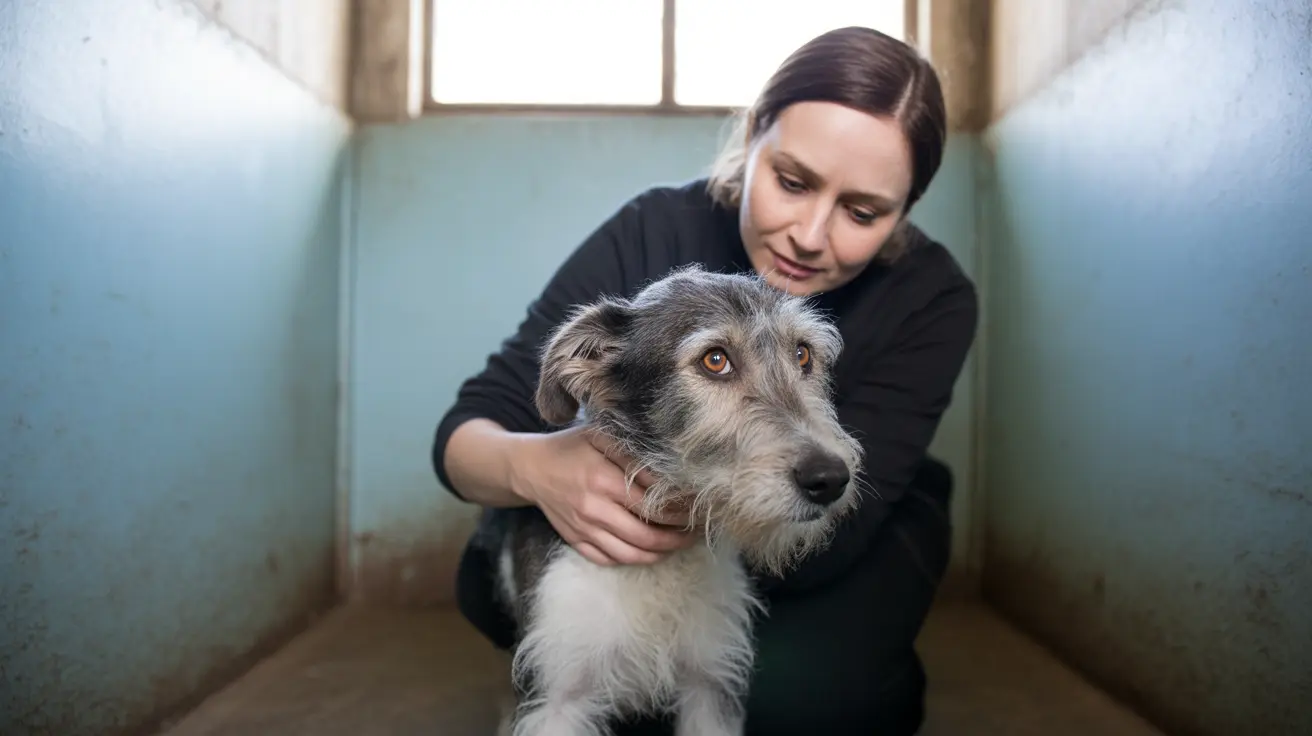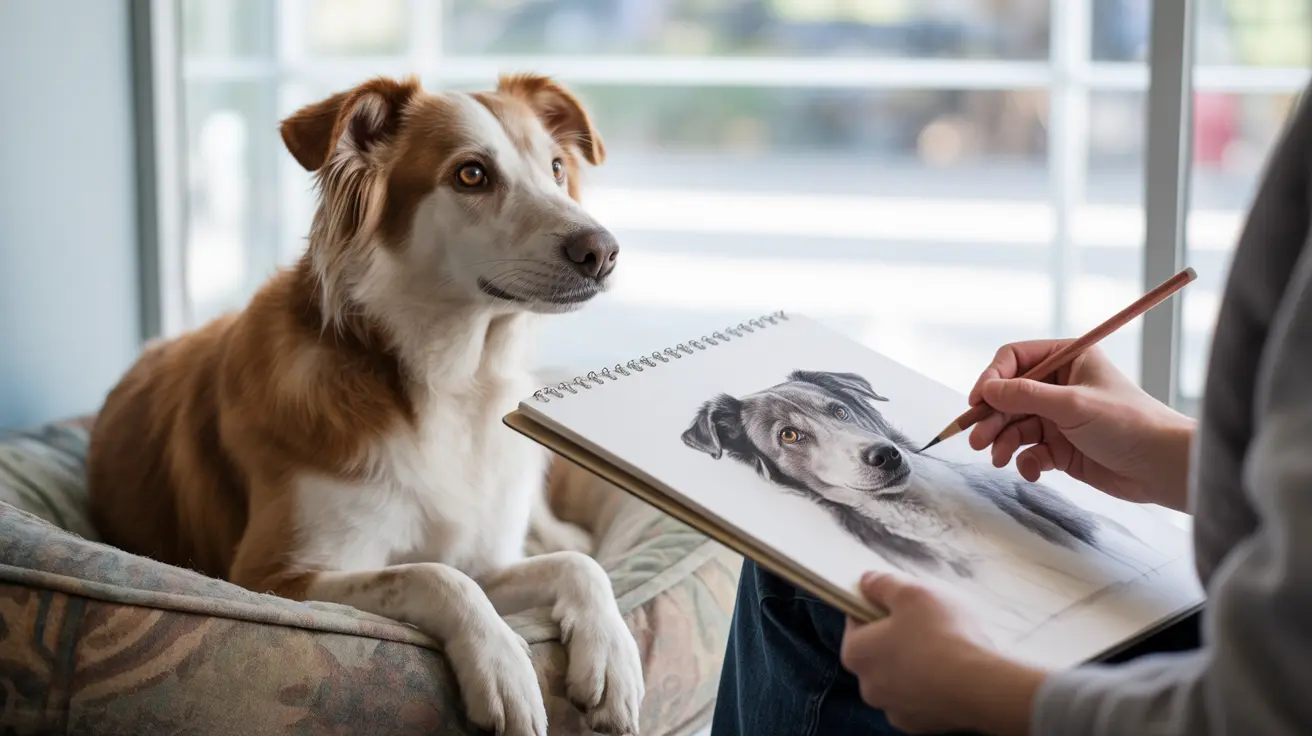Cat depression is a serious condition that can significantly impact your feline friend's quality of life. While many pet owners might question whether cats can truly experience depression, veterinary experts confirm that cats can indeed suffer from clinical depression, which affects both their mental and physical well-being.
In this comprehensive guide, we'll explore the realities of feline depression, including how to recognize the signs, understand the causes, and implement effective treatment strategies to help your cat recover their joy and vitality.
What Causes Cat Depression?
Several factors can trigger depression in cats, with environmental changes being one of the most common culprits. Major life changes such as moving to a new home, the introduction of new pets or family members, or the loss of a companion can significantly impact a cat's emotional state.
Other common causes include:
- Physical illness or chronic pain
- Lack of environmental enrichment
- Changes in routine or care
- Separation from preferred humans
- Seasonal changes affecting indoor activity levels
Recognizing the Signs of Feline Depression
Cats experiencing depression typically display various behavioral and physical symptoms that differ from their normal patterns. Being aware of these changes is crucial for early intervention.
Physical Symptoms
- Significant changes in appetite
- Poor grooming habits
- Lethargy or excessive sleeping
- Weight loss or gain
- Changes in litter box habits
Behavioral Changes
- Increased hiding or social withdrawal
- Decreased interest in previously enjoyed activities
- Changes in vocalization patterns
- Aggressive or fearful behavior
- Reduced interaction with family members
Treatment Approaches for Cat Depression
Addressing cat depression requires a comprehensive approach that often combines environmental modifications, behavioral interventions, and sometimes medical treatment.
Environmental Enrichment
- Create vertical spaces with cat trees and shelves
- Provide interactive toys and puzzle feeders
- Establish dedicated safe spaces
- Maintain consistent daily routines
- Ensure access to windows and natural light
Medical Interventions
In severe cases, veterinarians may recommend:
- Professional behavioral therapy
- Antidepressant medications
- Natural supplements for stress relief
- Treatment of underlying medical conditions
Prevention Strategies
Taking proactive steps to prevent cat depression can help maintain your pet's emotional well-being:
- Regular play sessions and social interaction
- Gradual introduction of any household changes
- Maintaining consistent feeding and care routines
- Regular veterinary check-ups
- Creating an enriching indoor environment
Frequently Asked Questions
What are the common signs of depression in cats, and how can I identify them?
Depression in cats typically manifests through changes in eating habits, grooming, activity levels, and social interaction. Look for increased sleeping, poor coat condition, loss of appetite, and withdrawal from family activities.
Can cats really get depressed, or is it just stress?
Yes, cats can experience clinical depression beyond normal stress responses. While stress can contribute to depression, feline depression is a distinct condition that may require professional intervention and treatment.
How can I help a depressed cat feel better using natural remedies and environmental changes?
Enhance your cat's environment with climbing spaces, hiding spots, and interactive toys. Maintain regular playtime, provide window access, and consider pheromone diffusers. Environmental enrichment combined with consistent routines often helps improve mood naturally.
What are the potential health risks if cat depression is left untreated?
Untreated depression can lead to serious health complications, including hepatic lipidosis from reduced eating, weakened immune system, and chronic stress-related conditions. Early intervention is crucial to prevent these potentially life-threatening complications.
Can CBD oil or other supplements effectively treat depression in cats?
While some pet owners report positive results with CBD oil, its effectiveness for cat depression isn't fully scientifically validated. Always consult your veterinarian before starting any supplement regimen, as they can recommend appropriate, proven treatments for your cat's specific situation.
Remember, if you suspect your cat is suffering from depression, consult with your veterinarian to rule out underlying medical conditions and develop an appropriate treatment plan. With proper care and attention, most cats can recover from depression and return to their happy, playful selves.






